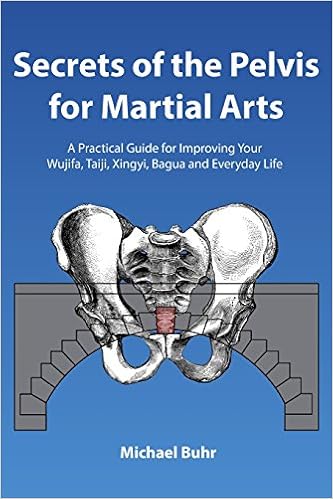Feeling the ever increasing subtleties of kinesthetic feeling, the internal connectedness in Wujifa zhan zhuang also requires a journey into feeling the depth and breadth of emotional feeling.
If you haven't read My Journey to Feeling: Part 1 read that before continuing here.
Most people are neither "up" nor "down" but in a kind of "neutral" emotional space.
I've noticed that my "neutral" space is more a kind of numbness as if there were no undercurrent of the joy of living, curiosity, playfulness, enthusiasm. Daily life is more like mechanically going through the motions of living; like a kind of emotional zombie.
Question: How do I feel what is under this "numbness"?
Numbness is a form of depression. People can't walk around everyday being sad, or angry, or fearful, or lonely, or whatever so they numb themselves, damper, mute the feeling. However, damping or muting feeling cannot be selectively applied to particular feelings. Damping affects all feelings, like the damper pedal on the piano, it dampens the entire keyboard.
Sometimes people numb themselves to "soldier through" a particular situation but then get stuck there. They fulfill their duty or responsibility but then lose their response-ability, their ability to respond.
For some people, the underlying emotion is fear. What are you afraid of? What are you avoiding?
Coming out of numbness can be dangerous in that you don't know how to handle all the feelings you are now no longer numb to. It's like coming out of a dark movie theater into the afternoon sun and you cringe and shield your eyes until they adjust.
Taking the damper off may drop you into a swamp. Feelings can be messy. A lot of people don't want to go into the swamp. Going through your swamp is your gong-fu.
The good news is that you don't need to make what are considered big, life altering changes. A change of one degree (of the 360 on a compass) today can result in a huge change over time. Baby steps also feel safer and can be easier to implement.
Look at the past, not for a magical "a-ha" solution to today's concern, but rather for a time when the damper was off. Also, to reveal any early patterns that got embedded and may be influencing choices today.
Notice when and more importantly how you mute or dampen feeling. Use the "when" to notice the "how".
Subscribe to:
Post Comments (Atom)


Shuixuanshi 睡軒詩 "Sleeping Porch Poem" says: "Haste is useless with the idea-horse and mind-monkey, so take off your baggage someplace deep within dreamland."
ReplyDeleteZhu Xi's neo-confucianism placed a great emphasis on a rather mystical and objective "Li 理" (principle), as the ultimate of all things. And during the same time, Lu Jiuyuan objected to this view and regarded "Xin 心" as the most important of all things. He argued that "心即是理" (the heart is the principle).
Tao Te Ching states: “In dwelling it is the site that matters, in xin (thinking and feeling), it is the profundity that matters.” (Gao, 255)